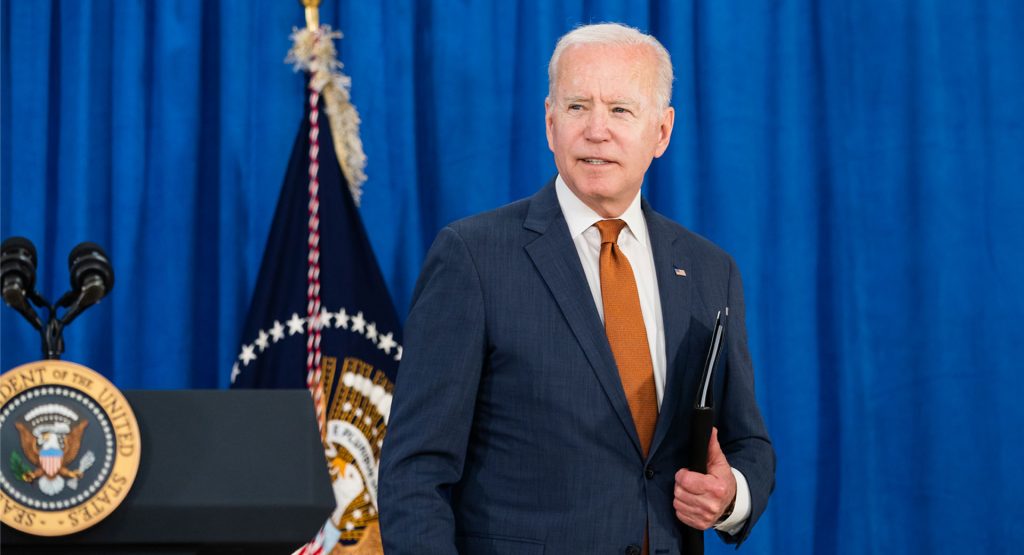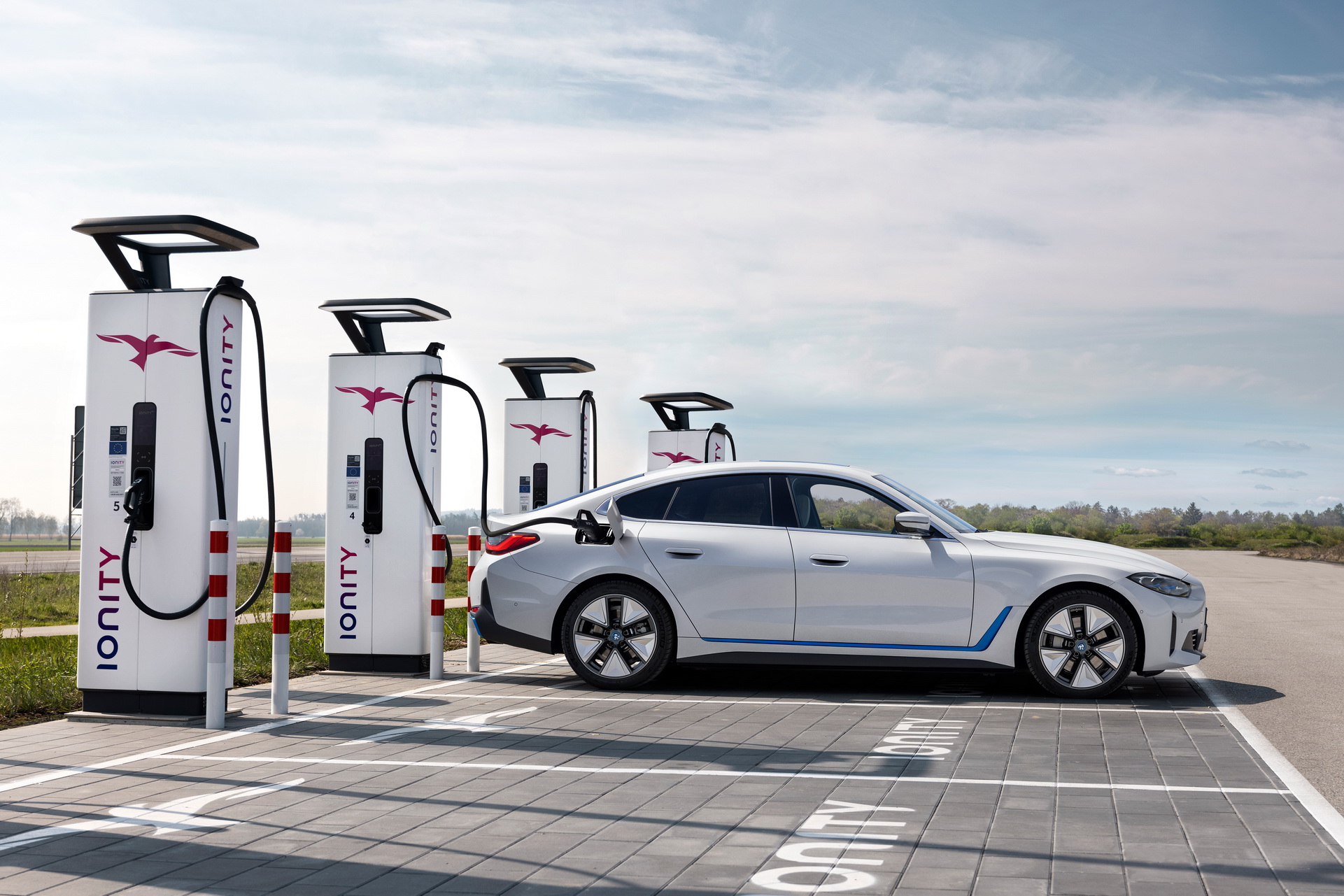The White House has announced President Biden will sign an executive order that calls for 50% of new vehicles sold in 2030 to be zero-emissions capable.
While the 50% figure is being billed as a “target,” the Biden administration wants consumers to embrace battery electric and fuel cell electric vehicles as well as plug-in hybrids.
The White House said the executive order also “kicks off development of long-term fuel efficiency and emissions standards to save consumers money, cut pollution, boost public health, advance environmental justice, and tackle the climate crisis.” As part of this effort, the Department of Transportation and the Environmental Protection Agency will address the Trump administration’s “harmful rollbacks of near-term fuel efficiency and emissions standards” to advance “smart fuel efficiency and emissions standards.”
Also Read: Automakers May Have To Increase Fuel Economy By 3.7% Per Year Under Proposed New EPA Standards
Details are limited at the moment, but the government said “The two agencies’ standards work in a compatible fashion through model year 2026, with the NHTSA proposed rule starting in model year 2024 and the EPA proposed rule taking effect a year sooner with model year 2023. The standards build on the momentum from [the] California Framework Agreement – an agreement between the State of California and five automakers: Ford, Honda, Volkswagen Group, BMW, and Volvo.”
The Biden administration says these new standards will save about 200 billion gallons of gasoline, eliminate approximately two billion metric tons of carbon pollution and “deliver around $140 (£100 / €118) billion in net benefits.” The government also claims the changes will deliver up to $900 (£646 / €760) of fuel savings to the average consumer.
To encourage electric vehicle adoption, the Biden administration wants to establish a national network of electric vehicle charging stations and make incentives available at the point-of-sale.
Automakers are in support of the move as Ford, GM and Stellantis released a joint statement saying they have a “shared aspiration to achieve sales of 40-50% of annual U.S. volumes of electric vehicles (battery electric, fuel cell and plug-in hybrid vehicles) by 2030 in order to move the nation closer to a zero-emissions future consistent with Paris climate goals.”
They added, “This represents a dramatic shift from the U.S. market today that can be achieved only with the timely deployment of the full suite of electrification policies committed to by the Administration in the Build Back Better Plan, including purchase incentives, a comprehensive charging network of sufficient density to support the millions of vehicles these targets represent, investments in R&D, and incentives to expand the electric vehicle manufacturing and supply chains in the United States.”
BMW, Ford, Honda, VW And Volvo Agree
In another joint statement, the automakers behind the California Framework Agreement – BMW, Ford, Honda, Volkswagen and Volvo – said “We were proud to stand with California to establish progressive new greenhouse gas regulations, and we remain committed to leading the industry in fighting against climate change. That’s why we support the Administration’s goal of reaching an electric vehicle future and applaud President Biden’s leadership on reducing emissions and investing in critical infrastructure to achieve these reductions.” However, they added “bold action from our partners in the federal government is crucial to build consumer demand for electric vehicles and … that includes a strong nationwide greenhouse gas emissions standard, continued investments in charging infrastructure, and broad consumer incentives for all electric vehicle purchases.”
Toyota Motor North America CEO Ted Ogawa added to the chorus by saying, “You can count on Toyota to do our part. This is great for the environment and helps protect the 436,000 American jobs of our employees, dealers, suppliers and other stakeholders in the U.S.”







